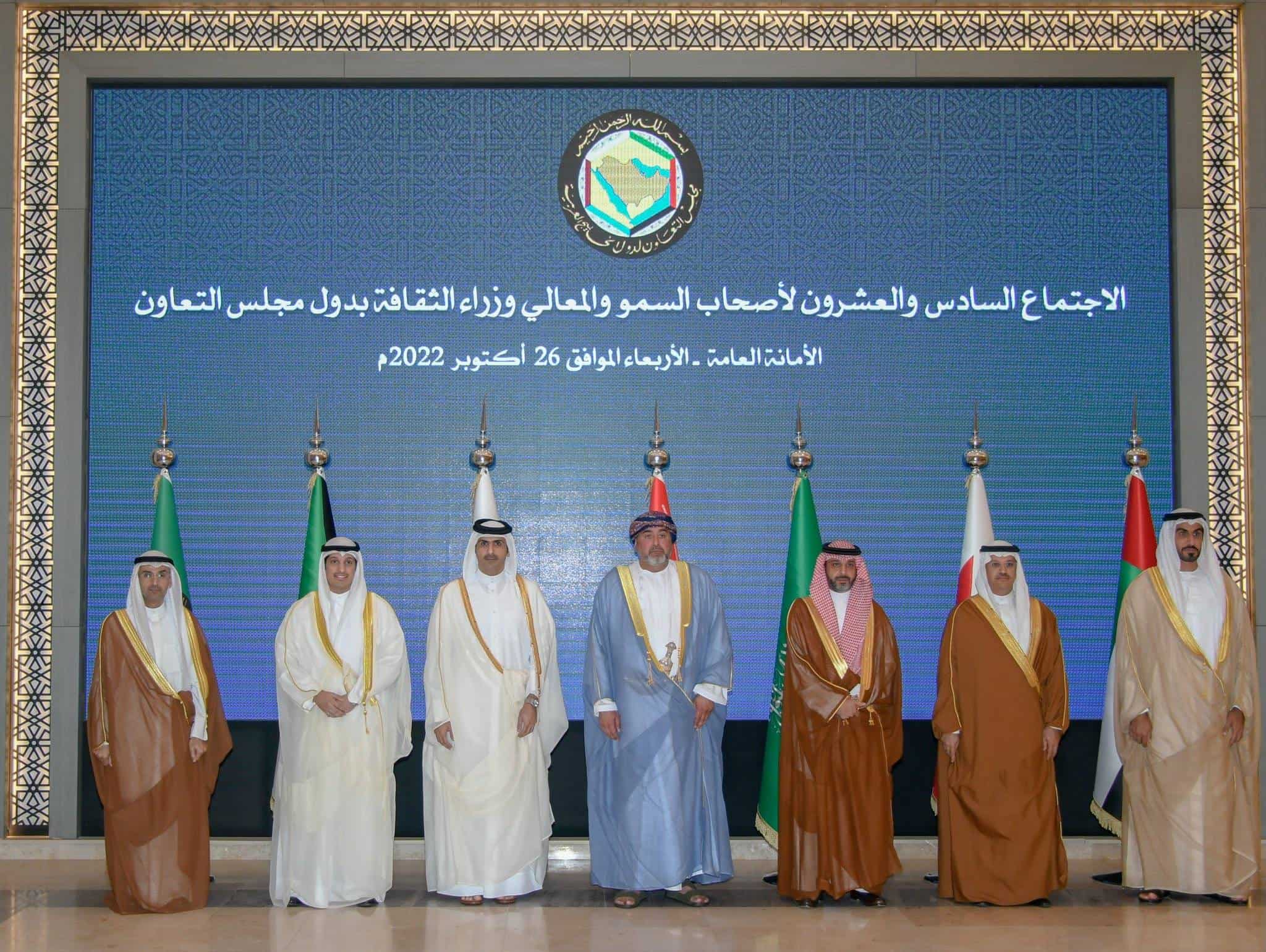Dubai, UAE– Strengthening of political, economic and trade relations between China and the Gulf Cooperation Council countries during the past 15 years has also led to a cementing of cultural ties between the two powerhouses.
Major Chinese art exhibits in Qatar and educational exchanges between China and UAE and Saudi Arabia have taken place in recent times. At the same time, joint scientific research projects ranging from alternative energy to the development of salt-water rice hybrid crops as well as the use of Traditional Chinese Medicine to treat some of the most common health problems faced by Gulf residents have been undertaken by these countries.
These initiatives reflect both China’s growing economic and strategic ties with the Gulf, as well as efforts to shift the perennial East-West gaze to an East-East gaze.
Migration and community institutions
Increased migration in recent decades has aided the development of China-Gulf relations. The number of Chinese residents in the UAE increased from 2,000 in the early 1990s to nearly 300,000 by 2018, with 270,000 concentrated in Dubai alone.
Demographic shifts and increased occupational diversity among Chinese expatriates in the UAE have accelerated the institutionalization of the Chinese expatriate community.
Key community institutions in the UAE include province-, region- and city-based hometown associations; pan-China trade associations; organizations for arts, sports, and hobbies; religious organizations; Chinese-language media and, most recently, a government-funded Chinese national curriculum school – Chinese School Dubai.
These organizations have played critical roles in facilitating transnational flows and assisting immigrants with their adaptation in the Emirates.
Furthermore, Chinese School Dubai aims to promote educational and cultural exchanges between China and the UAE, as well as to entice more Chinese expatriate families to relocate to Dubai. The school’s rapid growth in student enrollment since its opening in September 2020 indicates that the Chinese expatriate community has remained resilient in the face of the coronavirus pandemic’s challenges.

Belt and Road Initiative
The launch of the Belt and Road Initiative (BRI) has undoubtedly strengthened ties between the two regions.
In July 2018, the two partners upgraded the bilateral relationship to a comprehensive strategic partnership. By 2019, China had become the UAE’s largest non-oil trade partner and the fourth-largest source of tourists to Dubai. Despite the unprecedented challenges of the pandemic, China still ranked as the UAE’s largest trading partner in 2021.
“Since its launch, China has embarked on efforts to establish itself as a key player in the Middle East and is already the second-largest trading partner of the GCC. It has built partnership agreements with 15 countries in the region and shares particularly close ties with Bahrain, Kuwait, Oman, Qatar, Saudi Arabia and the UAE,” says Amadou Diallo, CEO of DHL Global Forwarding, Middle East and Africa.
As of the beginning of 2020, China’s investments, and contracts in the GCC have reached nearly US$190 billion since 2005 and are expected to grow.
“Driving this rise in investment, and significantly expanding China’s engagement in the GCC region, is the BRI. Under this program, China has commenced a slew of infrastructure projects in about 65 countries along the BRI’s overland and maritime corridors. These routes pass through the Middle East to Africa and Europe, making the region a critical part of the program,” he added.
Dubai is without a doubt China’s main entry point into the region. With the barriers for foreign direct investment lowered and the entry requirements for Chinese passport holders relaxed in the last decade, the city has become a facilitating node where various flows from China converge –- goods, capital, and people.
Also, the demographic composition of the Chinese expatriate community has been shaped by Dubai’s ongoing efforts to attract the global creative class. The Emirate’s cutting-edge infrastructure, family-friendly social and cultural environment, and, most importantly, expanding educational resources have enticed Chinese expatriates to relocate their families.
In recent years, the Chinese population has shifted from being primarily made up of singles or married couples without children to a greater number of families with school-aged children. The improved socioeconomic status of Chinese expatriates, as well as the relaxed visa policies for Chinese passport holders, reflect the strengthening of China-UAE bilateral ties.








